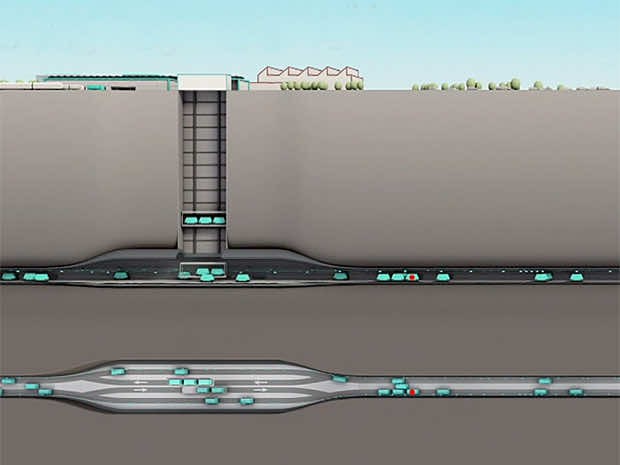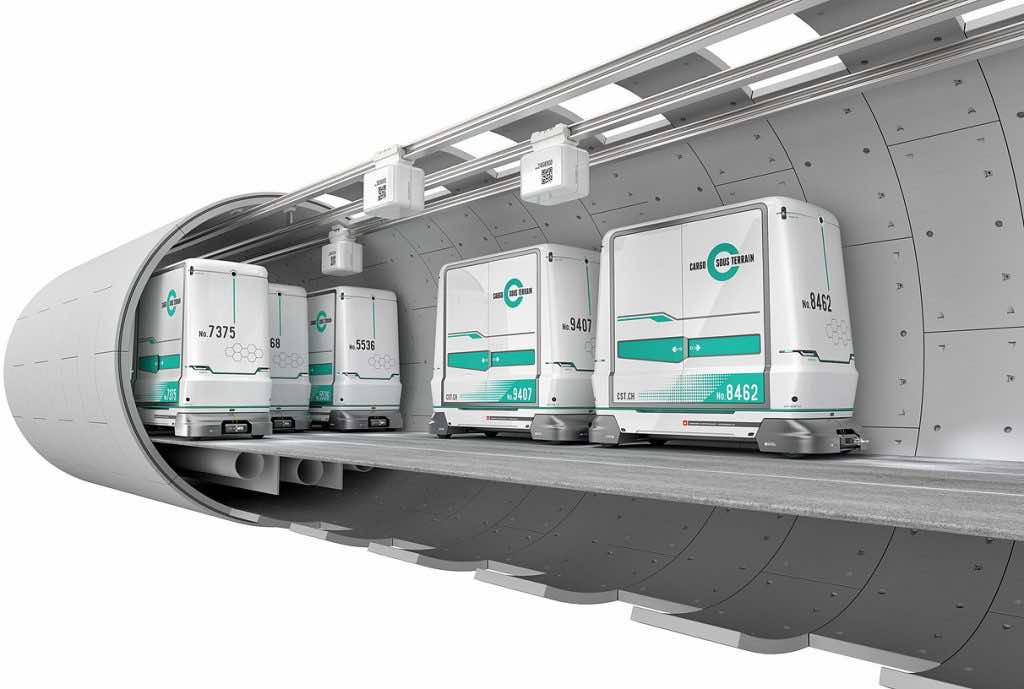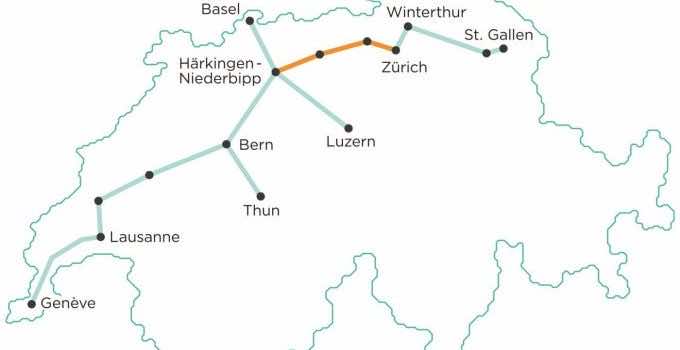With faster and better transport systems, the roads have connected one part of the country to another. In fact, these roads now run smoothly across countries, transcending boundaries. There are now separate logistics entities that manage all these shipments, cargo, and their likes to ensure they are delivered safely and timely. This has solved issues of accessibility and convenience for a plethora of people and brought ease for them. However, this service has led to an unpleasant consequence of crowding the roads and contributing to heavy traffic.
The roads are massively getting crowded with the passage of time. The usual traffic is already augmenting, and these logistics vehicles end up adding to it. Sweden has devised a solution for this by introducing an underground cargo system that will not get in the way of usual traffic. It is a 500 km long route that connects the most engaging cities in Switzerland. The proposal is now ready to undergo practical implementation.

The cargo system requires the support of the government, specifically, The Federal Law on Underground Goods Transport needs to include the operation as a law because underground digging is needed for the execution. This cannot be achieved without government support and rules in the favor of the project. The initiative belongs to a private organization, but the route will be used for all organizations in the future. This avenue will open unique, smart, and efficient means of transporting shipments from one place to another.

The company is called Cargo sous terrain AG which is based in Olten. The vehicles will follow the speed of 30 km per hour to transport goods. These vehicles will not be driven by humans. In fact, the system will be automated. Even the loading system is expected to be automated as well. The project is expensive, but the effectiveness and efficiency will do justice to the costs and in the future, the profits will be generated in accordance. The project is expected to be completed by 2040 and the estimated cost is CHF30-35 billion.


